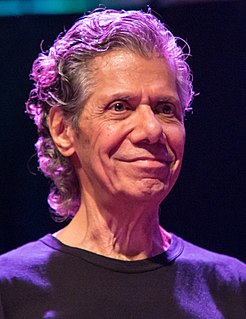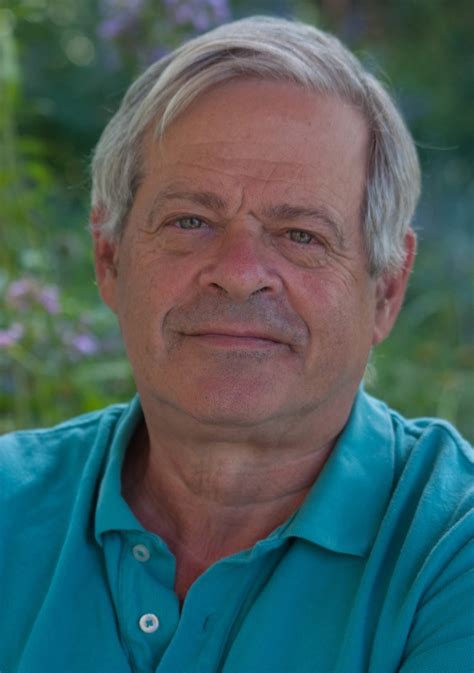A Quote by Ashleigh Brilliant
My opinions may have changed, but not the fact that I'm right.
Related Quotes
Orthodoxy, or right opinion, is, at best, a very slender part of religion. Though right tempers cannot subsist without right opinions, yet right opinions may subsist without right tempers. There may be a right opinion of God without either love or one right temper toward Him. Satan is a proof of this.
Examining love is like examining a stocking: if you hold it up to the light and stretch it to search for snags, any snags there are may well run and ruin the stocking. In fact, if I may fashion Coudert's law from Heisenberg's principle of indeterminacy, it is this: Love is not only changed by observation; it is changed for the worse.
The circumstances of the world are continually changing, and the opinions of men change also; and as government is for the living, and not for the dead, it is the living only that has any right in it. That which may be thought right and found convenient in one age, may be thought wrong and found inconvenient in another. In such cases, who is to decide, the living, or the dead?
The successful politician owes his power to the fact that he moves within the accepted framework of thought, that he thinks and talks conventionally. It would be almost a contradiction in terms for a politician to be a leader in the field of ideas. His task in a democracy is to find out what the opinions held by the largest number are, not to give currency to new opinions which may become the majority view in some distant future.
Conventional opinions fit so comfortably into the dominant paradigm as to be seen not as opinions but as statements of fact, as 'the nature of things.' The very efficacy of opinion manipulation rests on the fact that we do not know we are being manipulated. The most insidious forms of oppression are those that so insinuate themselves into our communication universe and the recesses of our minds that we do not even realize they are acting upon us.
Novelists are perhaps the last people in the world to be entrusted with opinions. The nature of a novel is that it has no opinions, only the dialectic of contrary views, some of which, all of which, may be untenable and even silly. A novelist should not be too intelligent either, although he may be permitted to be an intellectual.



































